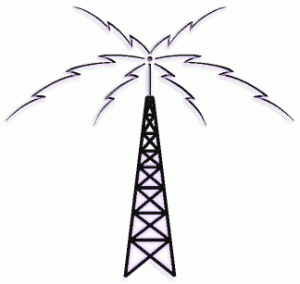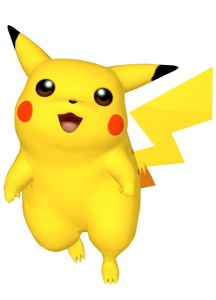I’ve been noticing a disturbing trend lately…. Autism Awareness.. run amok!
Autism awareness is a great thing, it’s a wonderful thing…. it’s a necessary thing.
But as we all know, too much of a good thing can be bad for you.
Here are just a few instances where well intentioned Autism Awareness becomes more of a nuisance than a good thing.
 The Share-o-holic
The Share-o-holic
This happens all over the internet but the two most obvious places I see it played out is on Twitter and Facebook. This is what it looks like:
- Twitter: Instead of tweeting a link or message, they mention every single person they can find on Twitter and tweet their link or message, over and over, to each person, until they get blocked by Twitter for spam. Often, these all come with a request to retweet it.
- Facebook links: So excited about a blog post or someone writing about them, they race to every profile, fan page and group that they can find on Facebook to share that link. Thousands of shares later, they do it again the next day.
- Facebook bios: Having written a cleverly worded bio about who they are, what they do or what they offer, they hit every profile, fan page and group that they can post to and repeat it again, word for word, weekly or more.
This constant repetition is frustrating enough but seeing it daily or weekly is enough to make me want to unlike those fan pages, remove myself from those groups and so forth… all because of one person. And I’m all for Autism Awareness! Imagine what others must think.
The News Source Replicator
Being aware of what is in the news is paramount to being aware of what’s happening in the Autism community but also in being aware of what may benefit you or your children. Some new information may shed some light on things close to home, some new therapy may be just what you need.
That’s great!
However, what we don’t need is for people to automate their Twitter account to just pull from a news source on Autism.
If their entire Facebook feed is news stories and never an actual conversation piece or anything, no one is reading.
If they login to Google+ once a day just to hit the share button on every single Spark available that day and then they’re gone after… people will remove them from their circles.
Listen to me carefully, if all you have is news… no one is reading. You’ve blown it. Autism Awareness is your goal but not your achievement.
Alienating Your Own Kind
Oh this one scares me… I just shake my head…. violently. I am just so dumbfounded.
Recently (late July to be exact), Temple Grandin created an actual Facebook profile. Not just a fan page, but a profile. So she could have friends and everything.
It was quite impressive to see how quickly she got to 5000 (the max). It’s a true testament to her and her work.
However….
For the last 2 weeks, I’ve watched update after updating of Temple Grandin joining an Autism group on Facebook. Now, groups don’t work the way you might expect. Temple Grandin isn’t actually joining these groups. The groups are adding her.
The way groups work on Facebook is the group can just add anyone it wants and it’s up to those people to opt out.
Now, think about how frustrating this must be when it happens 10 or 20 times a day.
Granted, it’s mostly someone representing her and also, she’s a very kind woman and probably doesn’t really mind being in all those groups however at the same time, it’s really quite rude of so many people to do this to her. Her Facebook stream must be simply filled with group posts. Insanely filled.
Is this really how we treat someone we respect so much? We force hundreds of Facebook groups on her until she finally decides she’s had enough and leaves Facebook behind?
What exactly is it we’re doing?
Are we really raising awareness when we do this? Are we really “sharing our message” with others?
Or are we trying to ram our own need for attention down the throats of others?
Because sometimes, I have to wonder.
And if you know me, you know that I’m all for raising awareness. For doing more than that! But this is not the way to do that.
Making people want to block you, unfollow you, leave the places they used to enjoy… all just to get away from you.. what is it you’re really doing?
Broadcasting
In the social media world, this is called broadcasting. This means that all you do is send message after message, link after link, story after story and you either don’t, or very seldom actually interact with anyone. You take nothing in.
If you treat social networks as your own personal radio station, you’re doing it wrong.
First of all, no one listens to a radio station that only has one song.
Secondly, people looking for social interactions don’t turn on a radio for it.
I’ve often said that Autism Awareness is a passion for some people but the problem is that passion can be blinding sometimes. In an effort to share the message with the world, you become obnoxious and the world becomes annoyed and tunes you out.
When that happens, you don’t just hurt yourself, you hurt all of us for all of our messages become a little less powerful, a little less heard.












